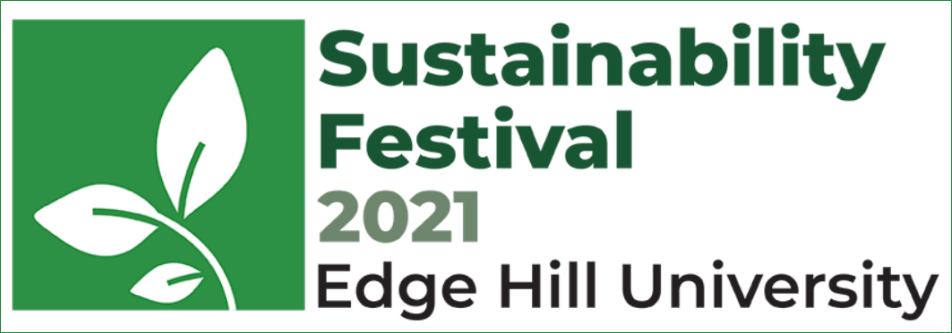Victoria Inyang-Talbot

As the spotlight lands firmly on the upcoming COP26 Climate Summit in Glasgow, I have reached into my poetry collection and dwelt a little on the poems that tell stories of my relationship with the world around me. John Clare’s All Nature Has A Feeling could not resonate more. We are grappling with the day-to-day questions of living – reaching that potential, negotiating relationships, dreams, disappointments, hope. We are, even as we react to issues of environmental crisis, going about our lives, striving, failing, succeeding, defining who we are, as if the fight is out there, apart from our identities.
But who are we?
Lucille Clifton’s Earth Is A Living Thing speaks to the interconnected that is never denied but when asked to define ourselves, we do so in terms of our characteristics – gender, race, age, occupation etc. We name our origins, proclivities, we create boundaries, extend them (binary, non-binary) and some of us are comfortable enough to say that we are not yet sure. Are we everything but the world around us? We tell the stories of our lives around events that are personal to us – a birth, divorce, leaving home, falling in love, bereavement. That these stories have parallels in our non-human world, we often forget to illustrate – new home = another housing estate, another child = more cabbages etc.
Poetry imagines these liminal spaces and the interdependence therein. In Robert Hayden’s A Plague of Starlings, the plight of the culled starlings is juxtaposed with our own ambitions for ourselves:
Their scissoring
terror like glass
coins spilling breaking
…
And if not careful
I shall tread
upon carcasses
carcasses when I
go mornings now
to lecture …
Carl Phillips’ White Dog calls us to let go, to resist the urge to own more and more of what belongs to the non-human world. To share the earth, as if we too belong here. To see it as a partnership, not a competition, in owning it or caring for it. W. S. Merwin’s To Ashes is a poem that checks our attitude to our environment as the other – to be pitied, fought for. For after all, we are the same, human and non-human, in origin and in end.
In poetry, we can articulate these imaginings – of our lives and that of our non-human world as one ecology. In acknowledgement I write of a flower:
Keep time with me
You blue haven.
Cupped in yourself,
Unencumbered today, I remember
When the May sun unfurled your petals, and you peak through a smile
And the rest of the pot beheld your evocative entrance
And I clapped in glee.
Keep time with me
Today
And when it’s autumn and the wind howls
I’ll remember for you, your tropical home.
The next time you witness a crocus in May, might you write a haiku?
Victoria is a PhD student and a Graduate Teaching Assistant in the dept of Education at Edge Hill University. To hear more of her poems, join us on Wednesday 3rd November at 5pm for the Sustainatiliby Festival event, “How can poetry support our articulation of our relationship with our non-human world?”
